
Australian humanitarian agencies call for urgent action as Sudan catastrophe continues to devastate civilians
The Australian Council for International Development and 21 humanitarian agencies are raising alarm at the ongoing catastrophe in Sudan.
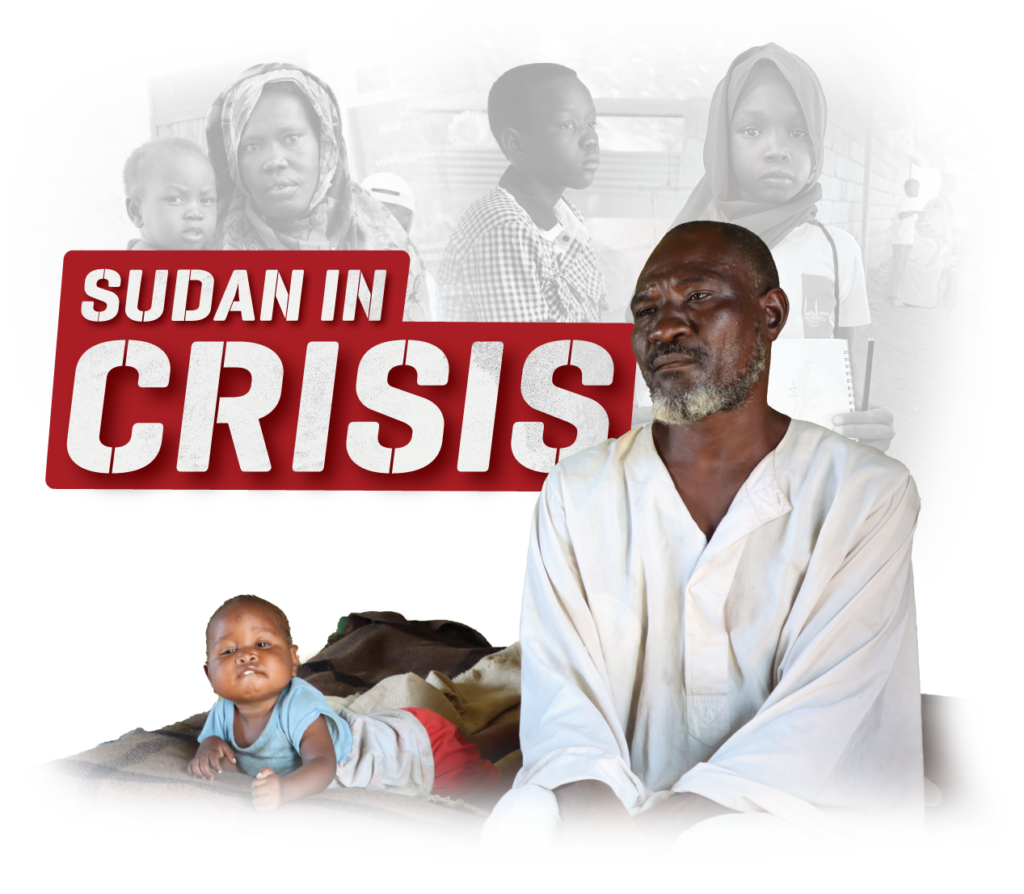
Sudan is on the verge of collapse. Mass famine looms. Millions displaced within and outside the nation’s borders. Young children starving to death in its cities, villages, and displacement camps.
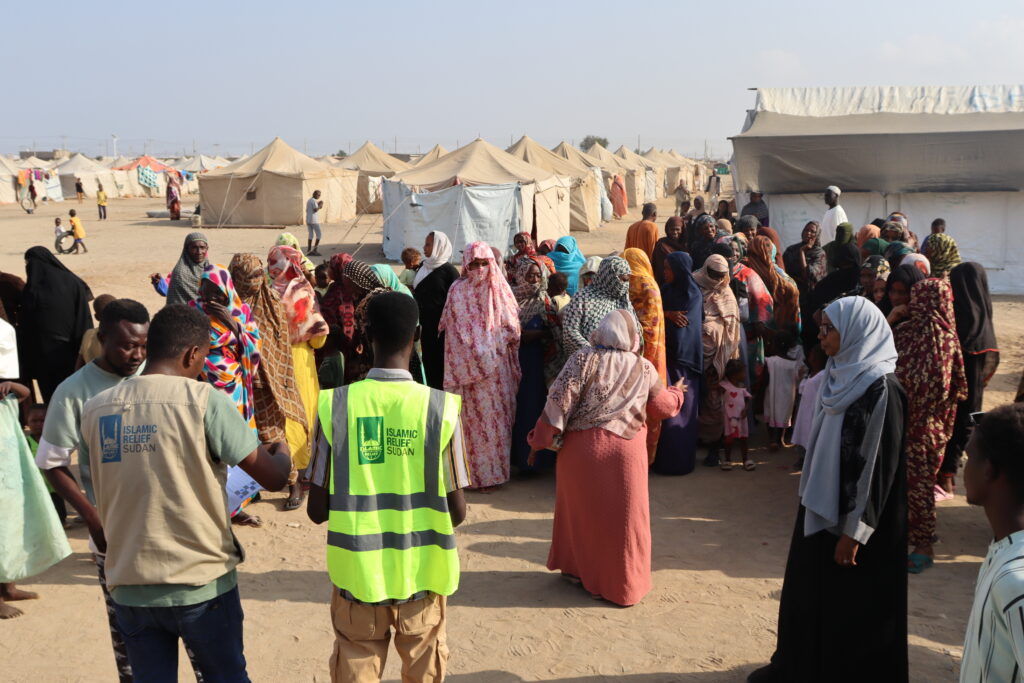
Image: Islamic Relief coordinating aid distributions in a displacement camp. More than 8.8 million people are displaced within and outside Sudan.
Heightened tension between the RSF and RAF raises the likelihood of an offensive on El Fasher. This part of Darfur continues to have fatalities and displace thousands, many of whom have fled to nearby Tawila, which is overcrowded and lacking the very basic requirements.
In the last three weeks, Sudan saw a surge in drone attacks, mainly by RSF forces. These attacks struck North and South Kordofan, Darfur’s border areas, and the Blue Nile region.
Dozens of civilians were targeted, including WFP aid convoys. Drones struck a Quranic school and a mosque in Al‑Rahad, killing three children and injuring over 30, while another strike damaged a secondary school in Dilling. They also hit the Qeisan locality headquarters and a humanitarian facility in the Blue Nile region, causing additional civilian casualties.
Sudan is facing a hunger crisis of historic proportions. 24.6 million people—half the population—face food shortages.
Famine conditions have been confirmed in five locations in the western region of Darfur and the Nuba Mountains in the country’s south, with similar conditions observed in dozens of other places across the country.
Previous natural disasters have deepened Sudan’s humanitarian emergency, straining aid efforts and endangering vulnerable communities.
Landslides and severe floods in North and South Darfur, Northern State, Kassala, and River Nile, the hardest-hit areas, have faced infrastructure damage, crop loss, and isolated villages, compounding humanitarian needs.
After nearly three years of conflict, Sudan faces the world’s worst humanitarian crisis.
70-80% of hospitals and health facilities in conflict-affected areas are non-functional.
Nearly half the population faces acute food insecurity. 6.3 million people face emergency levels of hunger, including than 325,000 people in famine conditions.
Children are dying of hunger. More than 3.4 million children are now reported to be acutely malnourished. Many families are eating just a few mouthfuls of sorghum a day.
Sudan also represents the largest displacement crisis in the world, with over 14 million people displaced, inside and outside of Sudan. More than 9.5 million displaced internally, and another 4.3 million crossing borders into neighbouring countries.
Severe weather conditions and natural disasters are worsening the difficulty of thousands of other vulnerable and acutely food-insecure people. It is compounding their suffering, lack of safety and access to lifesaving assistance and services.
Humanitarian needs remain dire throughout Sudan. Especially as armed fighting continues to escalate and households are displaced multiple times.
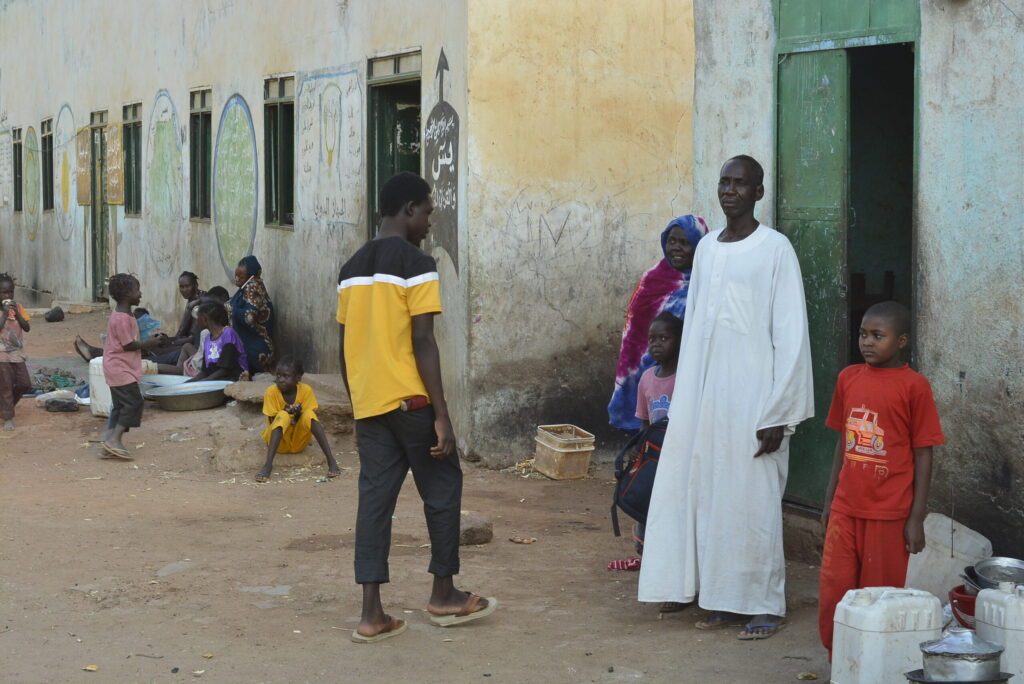
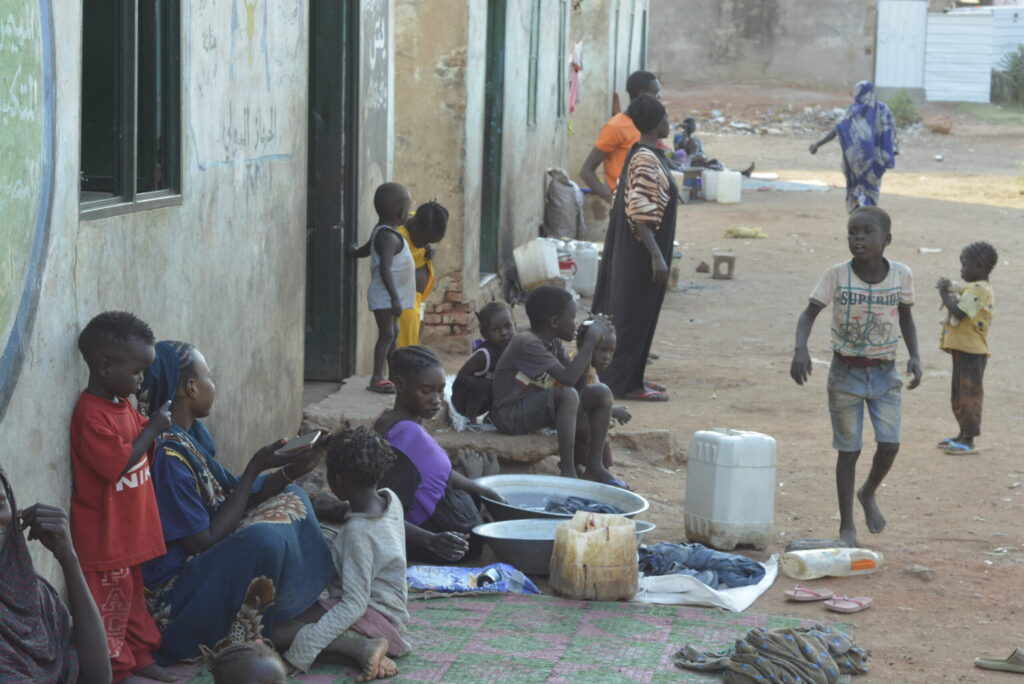
Images: Displaced families and individuals in Sudan. Today, many live in IDP camps such as Salman Al-Farisi in Sinnar state
In the ongoing crisis, our staff in Sudan are providing relief in 3 areas: Khartoum State, North Kordofan and Al Jazirah State.
In addition, the number of deaths caused by hunger, disease, and lack of basic services, could raise the number far higher. Your donation will be life-saving and provides crucial access to:





We’ve been in Sudan since 1984 but we still need your ongoing help to continue making a difference. Give now to support families in need.
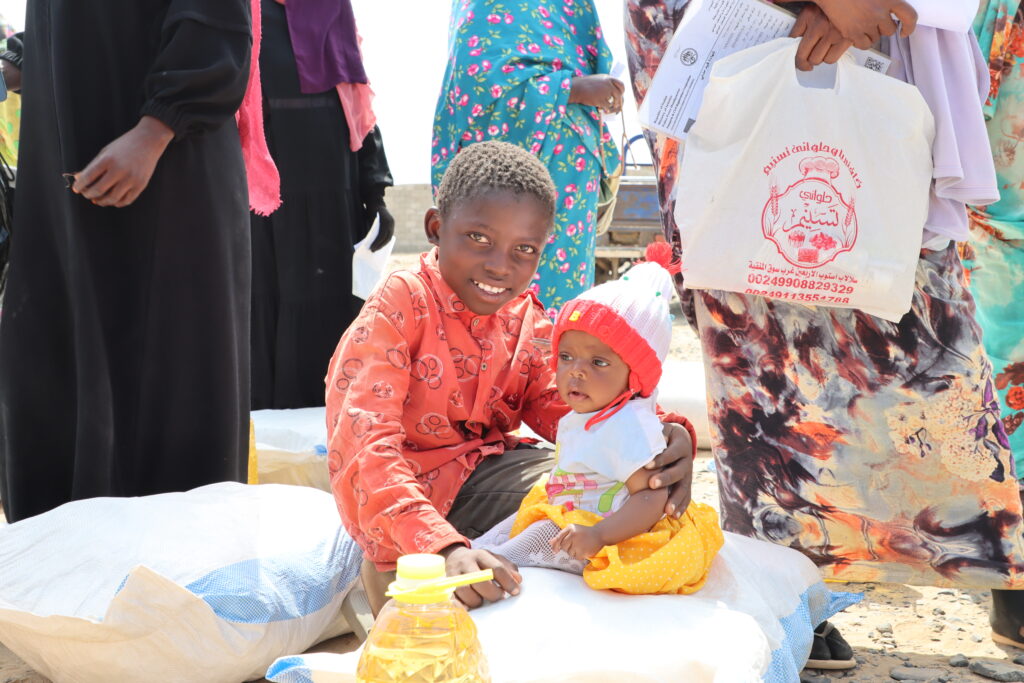
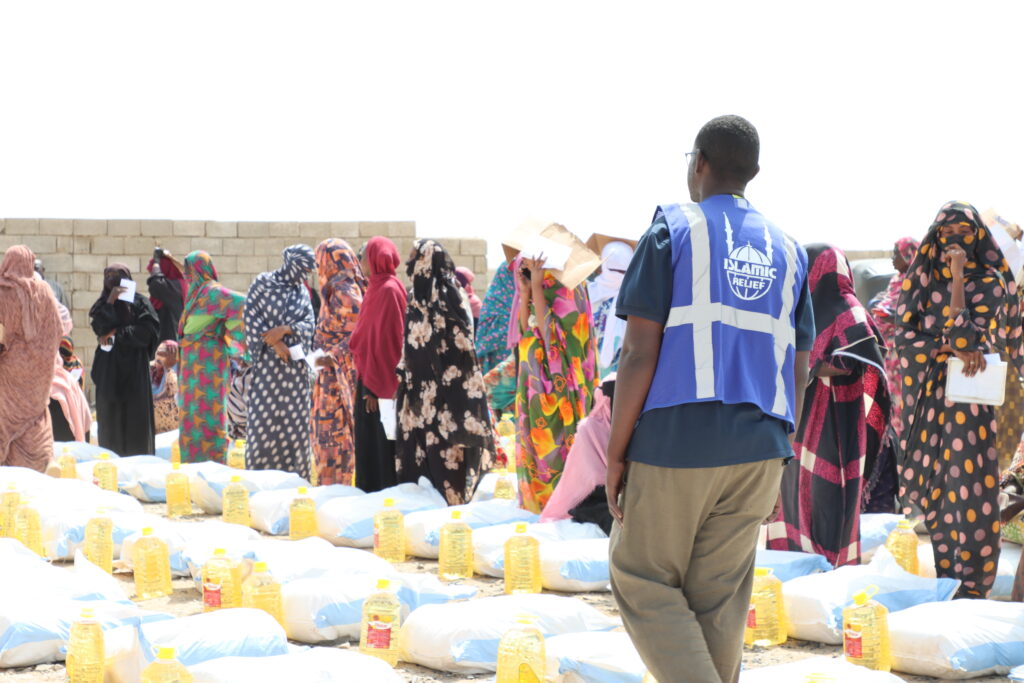
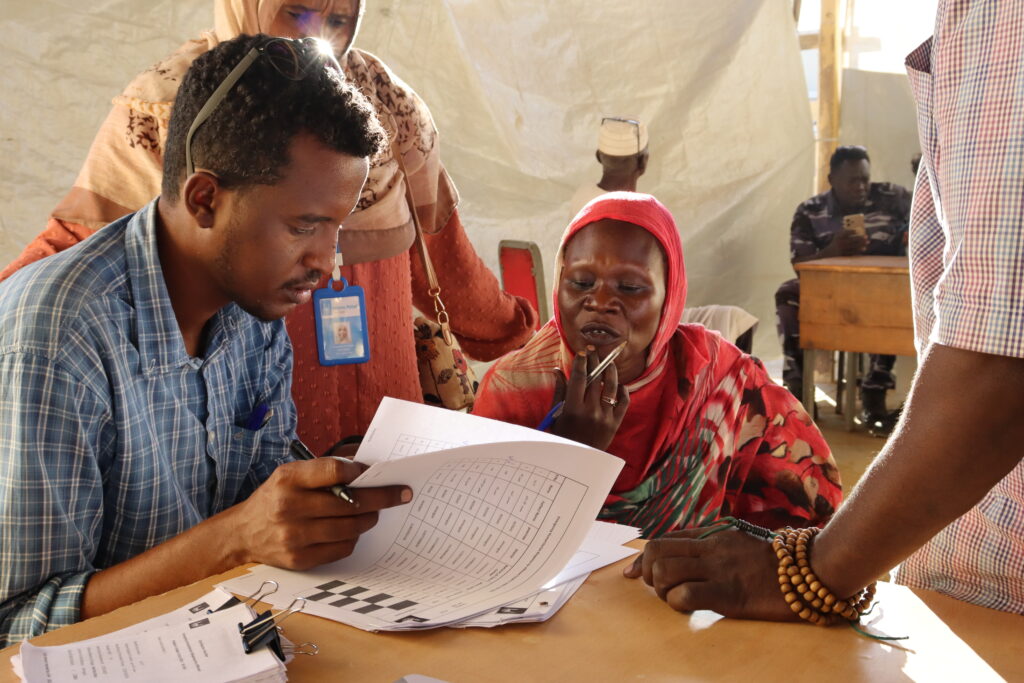
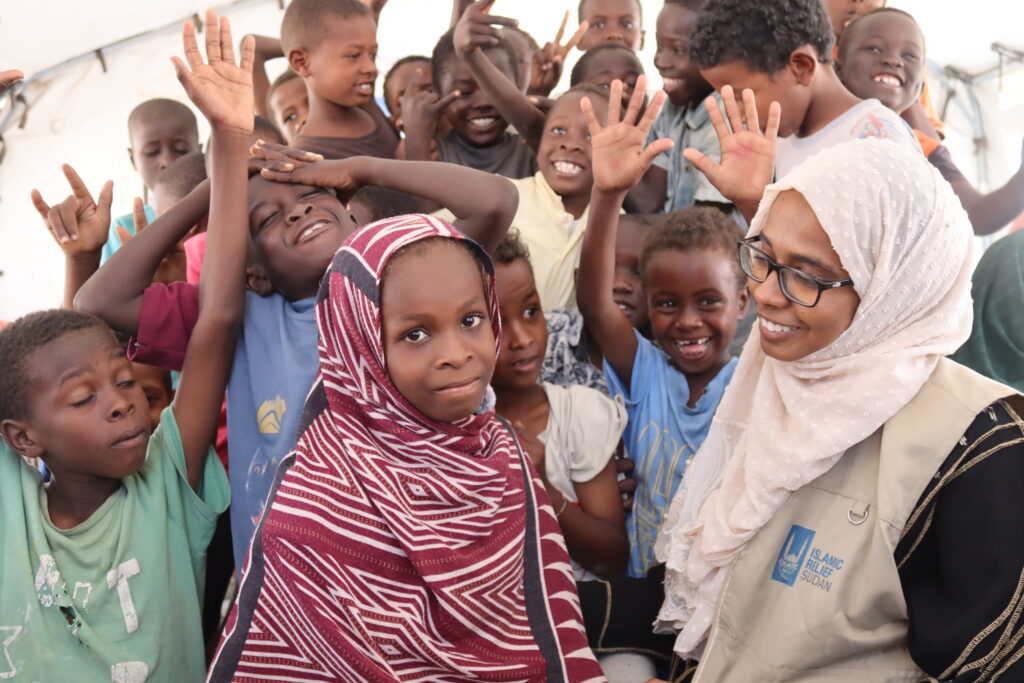
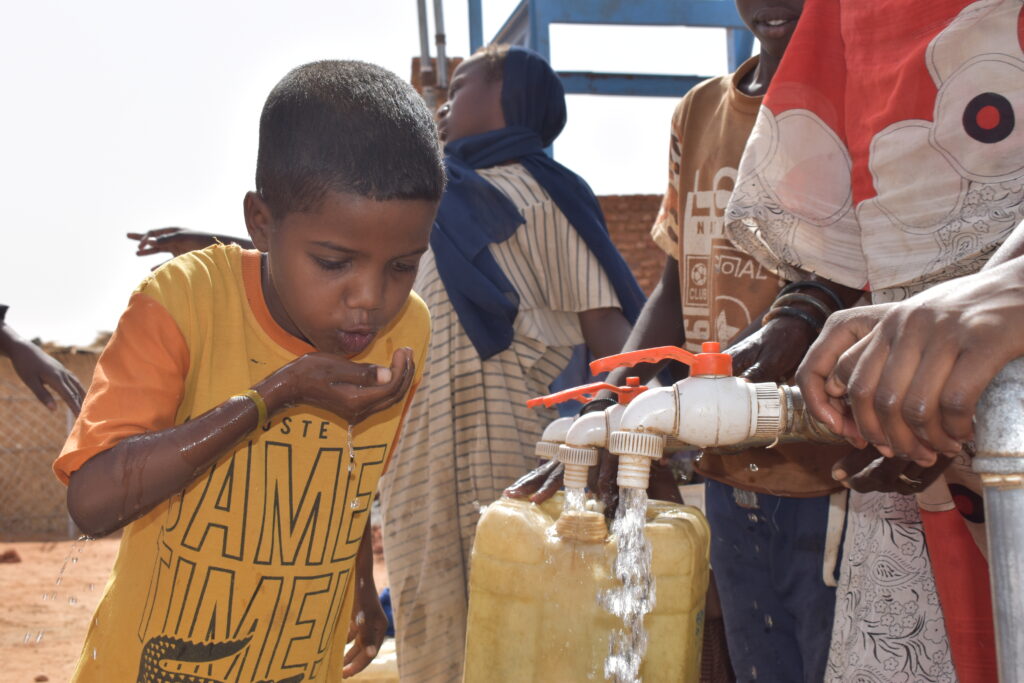
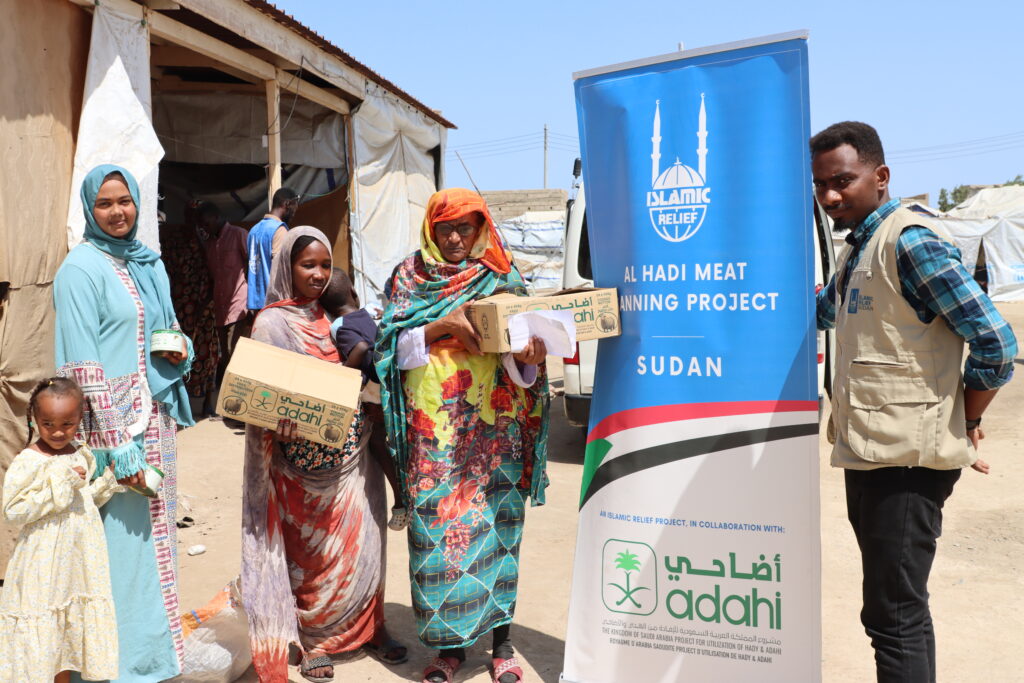

The Australian Council for International Development and 21 humanitarian agencies are raising alarm at the ongoing catastrophe in Sudan.
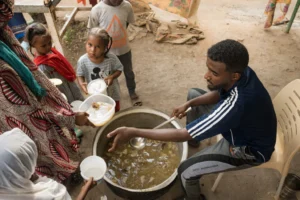
In neighbourhoods across the country, Sudanese communities have built networks of care and survival: Takaaya, community kitchens.

New report shows the vital role of local Sudanese community kitchens in tackling famine as the world looks away.